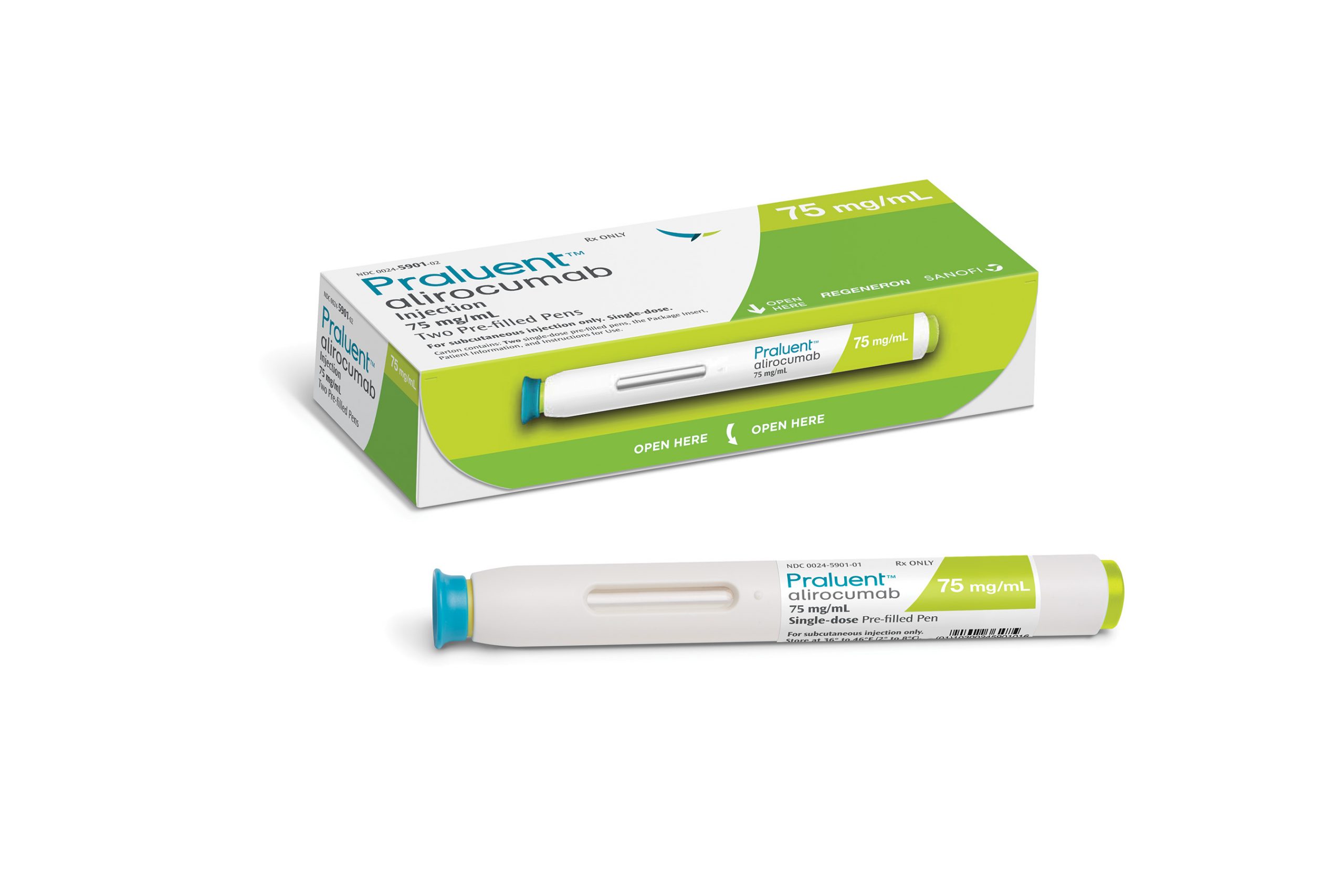Praluent not worth the price, finds study

Sanofi and Regeneron’s Praluent may still not be cost effective compared to other cholesterol-lowering drugs despite a recent price cut, a new study has claimed.
The drug's high price point has long been a sticking point for payers and in March 2018 the companies halved the price from $14,000 a year to $7,000 in the US.
But research published in the Annals of Internal Medicine concluded that, despite its effectiveness, the drug would need to be priced lower, at $874 to $2311, to be considered cost effective, depending on the regimen it is compared to.
Study author Dr Dhruv Kazi said that the availability of cheap, effective generic versions of statins and ezetimibe makes the price of Praluent (alirocumab) harder to swallow.
"Your additional drugs have to work harder to be cost-effective," he commented.
The authors’ cost effectiveness analysis was based on results from the ODYSSEY OUTCOMES trial, which studied patients with a recent acute coronary syndrome and found that, compared with participants receiving statins alone, those receiving a statin plus Praluent had lower rates of a composite outcome including myocardial infarction (MI), stroke, and death.
Compared with a statin alone, the addition of Praluent cost $308 000 per quality-adjusted life year (QALY) gained. But the addition of ezetimibe cost $81 000 per QALY compared with a statin alone. Compared with the combination of statin and ezetimibe, replacing ezetimibe with Praluent cost $997 000 per QALY.
"We do think these drugs are useful to patients,” Kazi added, “and cost is a major barrier to access at this point.
“Perhaps the right thing here is to acknowledge the efforts the manufacturers have made to respond to these pricing pressures. But I don't think we're there yet."
Regeneron said that it disagreed with the cost analysis, pointing out that its own analysis found that the drug would be cost-effective at an annual price of $6319 to $9346 for patients with serious heart problems and $13 357 to $19 805 for patients whose cholesterol levels were not reduced by other treatments.
"These results are well within the current price range paid for Praluent in the US, and aligned to our March announcement to lower the Praluent US net price to between $4,500 and $8,000 to payers who would allow for more straightforward, affordable patient access," the company said in its statement.
Praluent’s main rival in the PCSK9 space, Amgen’s Repatha (evolocumab) also had a major price cut in October last year.










